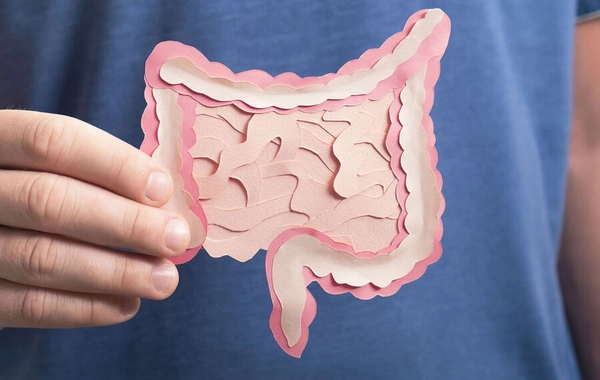Named Products That Provoke Overeating

American scientists have found that teenagers and young people at an early stage of adulthood react differently to ultra-processed foods. Study participants aged 18-21 consumed significantly more calories after a two-week diet rich in ultra-processed foods, while this effect was not observed in 22-25-year-olds.
As reported by BAKU.WS, the study was published in the journal Obesity.
The analysis was based on data from The Lancet, according to which by 2050, one in three Americans aged 15-24 will meet the criteria for obesity. It is believed that this growth is associated with lifestyle, heredity, and other factors, but diet plays a key role. Ultra-processed foods, which account for 55-65% of young Americans' diets, have previously been linked to metabolic disorders, poor cardiovascular health, and other problems.
Researchers from Virginia Tech University aimed to find out how different types of diets affect eating behavior in a "buffet" setting. For this, they conducted a controlled study involving 27 men and women aged 18-25, whose body weight had remained stable for at least six months.
For two weeks, volunteers followed one of two diets: the first consisted of 81% ultra-processed foods, while the second contained none at all. The nutrition was strictly controlled: participants ate breakfast in the laboratory, and the rest of the meals were prepared in a metabolic kitchen. Both diets were carefully balanced across 22 parameters - from macronutrients and fiber to mineral composition.
Then participants were invited to a buffet breakfast, where they could eat as much as they wanted. Each was provided with a tray of approximately 1800 kilocalories - four times more than a standard breakfast. After that, their tendency to eat without feeling hungry was assessed: volunteers were given a tray of snacks and asked to try each one, and then allowed to continue eating as desired.
Overall, the type of diet did not affect the number of calories consumed. However, statistically significant differences appeared when researchers divided participants by age. In 18-21-year-olds, after a diet with an abundance of ultra-processed foods, caloric intake increased at the buffet - and they were more likely to continue eating even when not feeling hungry. This tendency was absent in 22-25-year-olds.
In the future, researchers plan to expand the sample and use neuroimaging and biomarkers to better understand the mechanisms of how ultra-processed foods affect eating behavior in young people.
Similar News
# Named vitamins whose deficiency is especially dangerous for the brain
Reduced levels of B vitamins, as well as vitamins D, A, C, E, and K, are associated with faster cognitive decline in Alzheimer's disease, and taking them as par...




 Azərbaycanca
Azərbaycanca  По-русски
По-русски  English
English 





